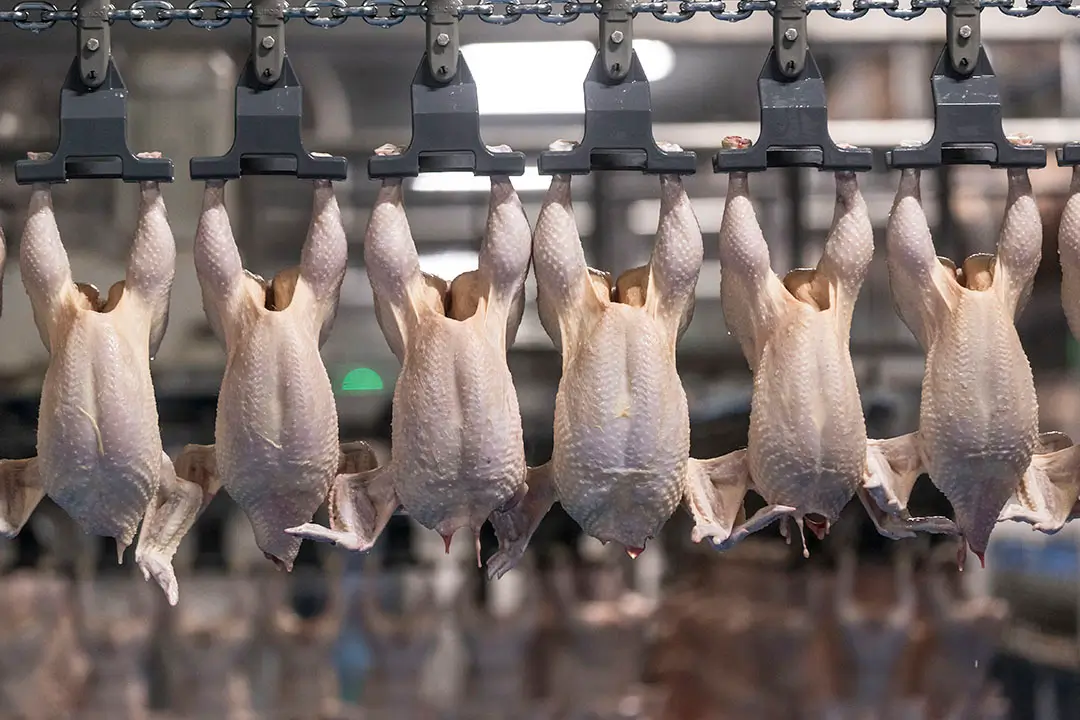
Hubbard, the global poultry genetics company, has launched a five-year program in Ghana and Mozambique aimed at transforming small-scale rural farming. Backed by funding from the Gates Foundation and run in partnership with WAFAD Group in Ghana and Maëva Group in Mozambique, the initiative will distribute about 10 million dual-purpose chickens to 500,000 farmers, with a clear focus on women and young people. Branded locally as Chicken4U in Ghana and Caferial Chicken in Mozambique, the program is designed to grow incomes, improve nutrition, and build long-term, locally led poultry systems.
Why this matters now
Smallholder farmers often face razor-thin margins, limited access to quality chicks, and high losses from disease. By introducing dual-purpose birds that provide both eggs and meat, and by strengthening the surrounding supply chain, Hubbard and its partners aim to create reliable income streams for half a million households while improving household nutrition. The Gates Foundation ties this work to a broader regional goal: scaling up production so millions more day-old chicks can be available across sub-Saharan Africa.
What the program will do
The initiative blends hardware, training, and finance to make poultry farming viable at the village level.
- Distribution: About 10 million dual-purpose chickens will be distributed to roughly 500,000 farmers over five years, prioritizing women and youth.
- Infrastructure: More than 4,000 small brooder units will be built, and hatchery capacity will be expanded to ensure reliable supply of healthy chicks.
- Inputs and services: Farmers will gain better access to affordable feed and vaccines, combined with veterinary support to raise flock survival rates.
- Training and technical embedding: Hubbard’s technical teams will transfer knowledge to local partners and farmers instead of relying on outside contractors. Training will include flock management, biosecurity, and small business skills.
- Income and nutrition: The program targets household income growth through micro-enterprises led by women and youth, while increasing access to eggs and chicken meat to help reduce malnutrition.
A locally led approach
Olivier Rochard, Managing Director at Hubbard, emphasizes that the program is not about short-term giveaways. It is structured to strengthen local supply chains and embed technical knowledge within communities. That means building the capacity of WAFAD Group and Maëva Group so those partners can continue running profitable, resilient poultry systems after the five-year period ends.
This local-first model matters for two reasons. First, it ensures that solutions fit local conditions, tastes, and markets. Second, it anchors expertise in the countries where people live and work, creating jobs and keeping value in local economies.
Women and youth at the center
A deliberate element of the program is prioritizing women and youth, groups that are frequently sidelined by large-scale agriculture. By enabling women and young entrepreneurs to run small broiler and egg enterprises, the initiative opens pathways to steady income, community leadership, and decision-making over household nutrition.
Nutrition and community resilience
Eggs and chicken meat are high-quality sources of protein and micronutrients. By expanding local production, the initiative reduces the distance and time between farm and plate. That means more consistent access to nutritious food for families and children. Organizers highlight that improved poultry systems are one of the fastest ways to improve dietary diversity in rural communities.
Long-term vision and regional impact
Hubbard and its partners position this initiative as a step toward sustainable poultry production across sub-Saharan Africa. With the Gates Foundation connecting this project to a goal of producing 200 million day-old chicks annually in the region, the aim is systemic change. The combination of genetics, hatchery expansion, training, and affordable inputs guides a path from pilot to scale, where commercially viable poultry ecosystems persist long after initial funding ends.
What success looks like
Success will be measured by a mix of concrete and community-focused outcomes:
- Reaching 500,000 households and distributing 10 million chickens.
- Higher flock survival rates thanks to better vaccines, feed, and veterinary care.
- Growth of micro-enterprises led by women and young people.
- Measurable improvements in household income and dietary diversity.
- Local partners able to manage and expand hatchery and brooder operations independently.
Why investors, donors, and policymakers should watch this
This program is a compact template for how private sector genetics companies, local agribusinesses, and philanthropic funders can combine strengths for durable impact. For donors, it shows how targeted funding plus capacity building can unlock self-sustaining markets. For policymakers, it demonstrates how supporting smallholder-friendly infrastructure and training can yield both economic and public health benefits.
Quick takeaways
- Hubbard, with WAFAD Group in Ghana and Maëva Group in Mozambique, will distribute 10 million dual-purpose chickens to 500,000 farmers over five years.
- The Gates Foundation supports the project, which prioritizes women and youth and aims to strengthen local supply chains.
- Key investments include 4,000-plus brooder units, expanded hatchery capacity, affordable feed and vaccines, and hands-on training.
- The initiative aims to deliver income growth, better nutrition, and long-term sustainability in rural poultry systems.
Suggested calls to action
For NGOs, local governments, and investors:
- Partner on training programs to amplify reach and impact.
- Support microfinance products tailored to small poultry enterprises run by women and youth.
- Monitor and share early lessons so successful practices scale across the region.
For journalists and community leaders:
- Track household-level outcomes on income and nutrition to tell the human stories behind the numbers.
- Spotlight women and young entrepreneurs who emerge as leaders from the program.
Stay updated with the latest farming tips and agriculture industry news from Africa by subscribing to our newsletter. Don’t miss out on valuable insights and updates. Follow us on Twitter, LinkedIn, and Facebook to join our farming community and stay connected with us.


















